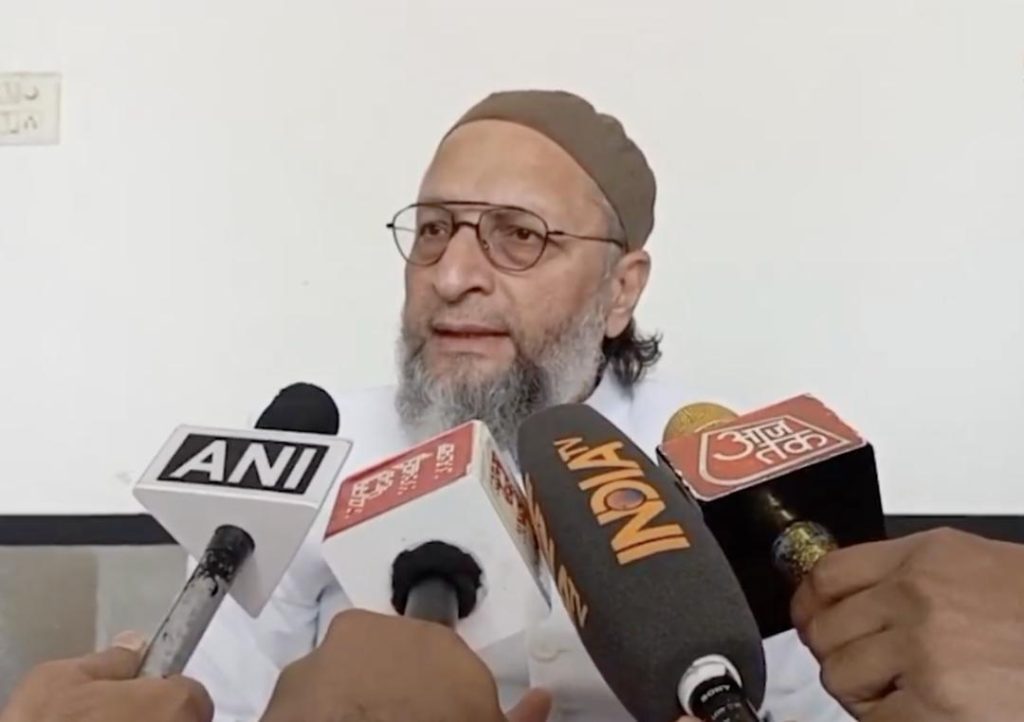
Arrest 4-5 Ministers & Govt is Gone: Owaisi on PM-CM Removal Bills
The Indian political landscape has been witnessing a heated debate over the Constitution (130th) Amendment Bill, which aims to provide for the removal of Prime Ministers, Chief Ministers, and ministers arrested for at least 30 days. The bill has sparked intense controversy, with many questioning its constitutional validity and potential misuse. Amidst this backdrop, AIMIM chief Asaduddin Owaisi recently expressed his concerns over the proposed legislation, stating that it could have far-reaching implications for the country’s governance.
In a recent interview, Owaisi emphasized that the bill is a direct threat to the federal structure of the country. He argued that the Constitution already provides for the removal of Prime Ministers and Chief Ministers through parliamentary processes, and this bill is an attempt to bypass those procedures. “Just arrest four-five ministers, and government is gone,” Owaisi said, highlighting the potential for misuse of the bill.
Owaisi’s concerns are not unfounded. The bill, if passed, would give the President the power to remove the Prime Minister and Chief Ministers without any parliamentary oversight. This could lead to a concentration of power in the hands of the President, potentially undermining the democratic principles of the country.
Moreover, the bill’s provision for the removal of ministers arrested for at least 30 days raises serious questions about the role of the judiciary in the country. While the bill is intended to prevent the abuse of power by ministers, it could also be used to target political opponents and silence dissenting voices.
The AIMIM chief’s criticism of the bill is not limited to its potential misuse. He has also argued that it is unconstitutional and violative of the principles of federalism. “This proposed bill is saying that the President can remove the Prime Minister. What is this?” Owaisi asked, emphasizing that the Constitution does not provide for such a scenario.
Owaisi’s views on the bill have been echoed by several other political leaders, who have expressed concerns about its potential impact on the country’s governance. The bill has been criticized by many as a move to undermine the independence of the judiciary and the autonomy of the executive.
In conclusion, the Constitution (130th) Amendment Bill is a contentious issue that has sparked intense debate in the country. While it is intended to address concerns about the abuse of power by ministers, it has the potential to have far-reaching implications for the country’s governance. Asaduddin Owaisi’s criticism of the bill highlights the need for caution and careful consideration of the potential consequences of this legislation.
Sources:






